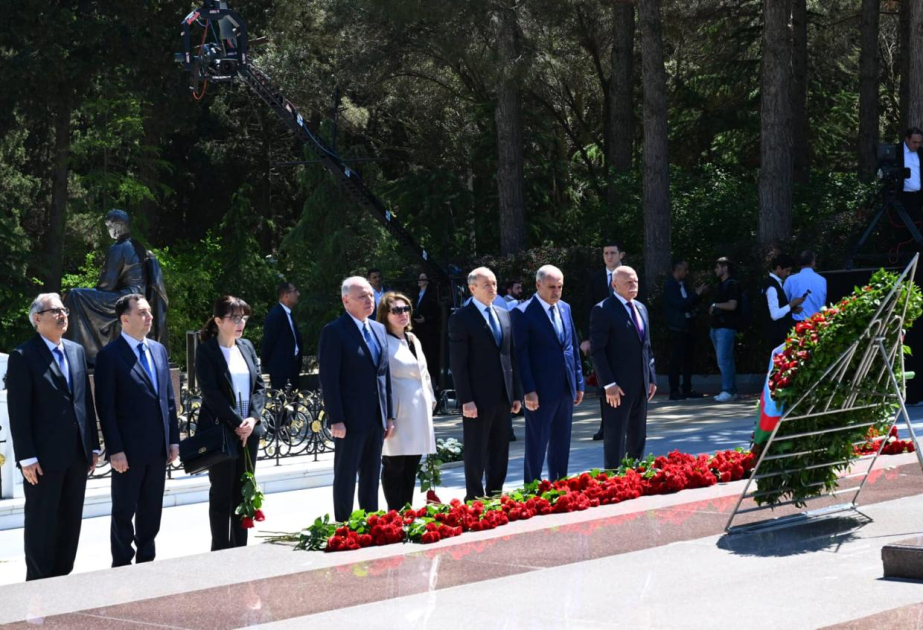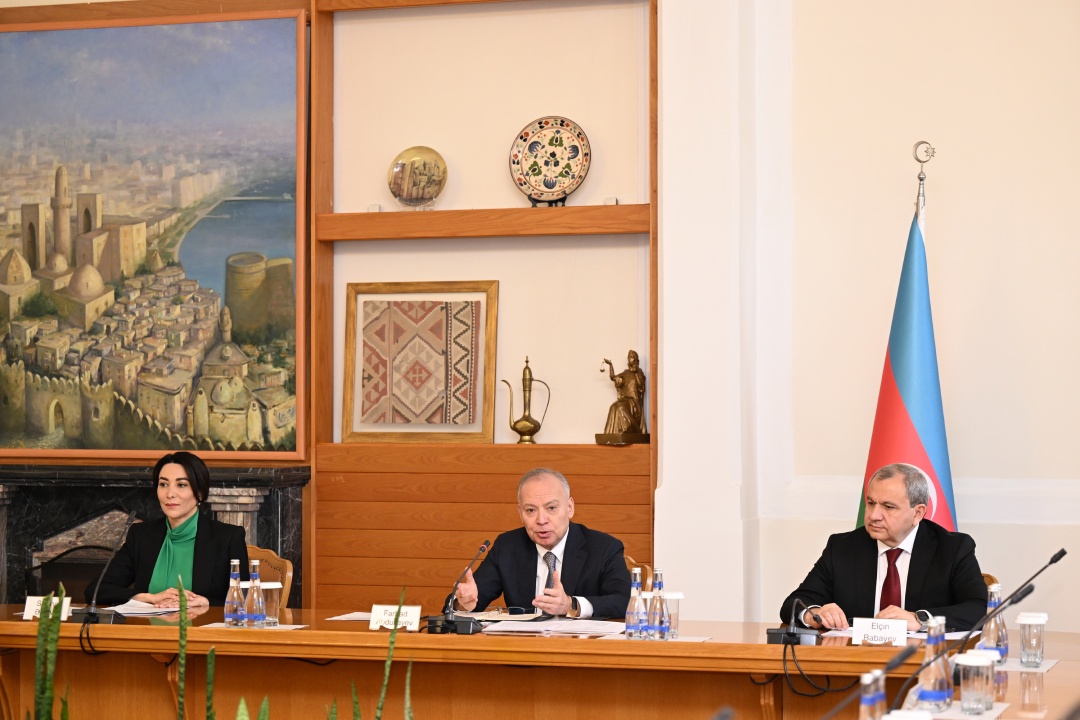13.01.20232
Plenum
of the Constitutional Court of the Republic of Azerbaijan, chaired by Farhad
Abdullayev, held a regular session.
At the court session was examined the constitutional
case based on the application lodged by the Court of Appeal of Baku city on interpretation of Article 155 of the Civil Procedure Code in connection with Articles
4.3‒4.6, 55.2, 152.1.6 and 156.1.6-1 of that Code.
Having
heard the report of Judge S.Salmanova, studied and discussed reports of
representatives of interested parties – Judge of Court of Appeal of Baku city
N.Jafarov and Head of the State Building,
Administrative and Military Legislation Department of the Milli Majlis
(Parliament) H.M.Seyid; conclusions
of specialists – Members of the Supreme Court, Bar Association Presidium and Mediation
Council Board member A.Nabiyev, opinion of experts – professor of the
UNESCO Department of Human Rights and Information Law of the Faculty of Law of
Baku State University E.Aliyev, and associate professor of the Department of
Civil Procedure and Commercial Law of the same faculty, Doctor of Philosophy in
Law M.Yolchiyev, the Plenum of Constitutional Court of the Republic of Azerbaijan adopted
decision.
The decision states that in accordance with Article
155.1 of the Civil Procedure Code of the Republic of Azerbaijan for the purpose
of ensuring the right to legal protection established in Part I of Article 60
of the Constitution of the Republic of Azerbaijan, according to Articles
4.3-4.6 of that Code for examination together with the first claim, the
defendant filing a mutual claim is not required to comply with the pre-trial
settlement rules (claim and mediation) for commercial disputes, as well as
disputes arising from family and labor relations.
The decision comes
into force from the date of its publication, is final, and may not be
cancelled, changed or officially interpreted by any institution or official.

















